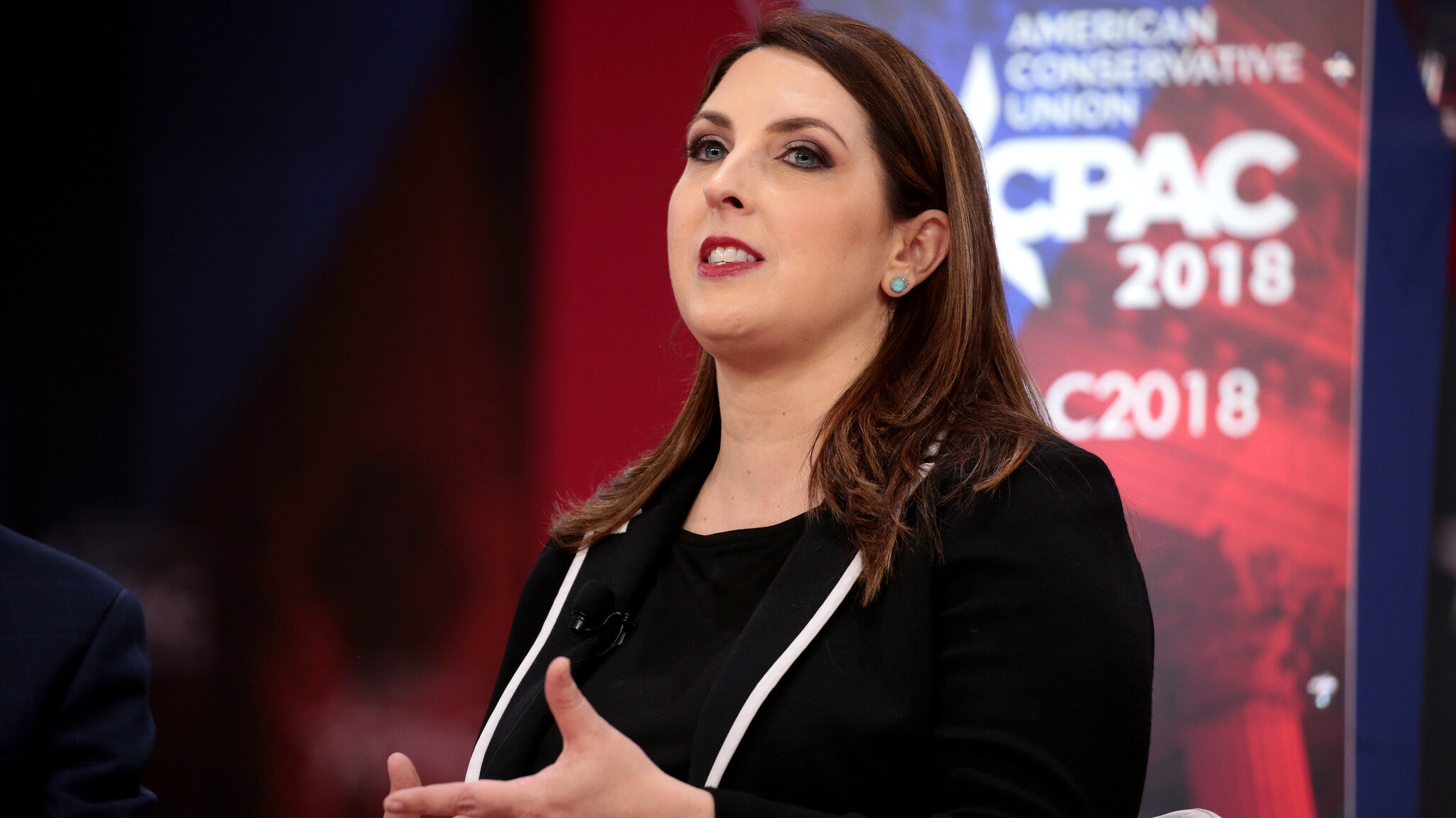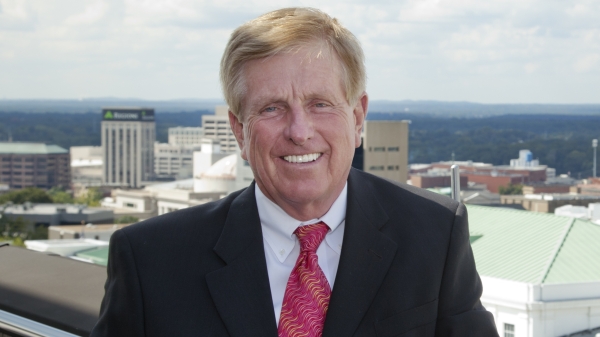|
Getting your Trinity Audio player ready...
|
In the intricate ballet of American politics, the recent appearance of Ronna McDaniel, the former chair of the Republican National Committee, on “Meet the Press” was a moment that both captivated and puzzled observers.
McDaniel’s forthright acknowledgments—recognizing Joe Biden’s legitimate victory in the 2020 election and condemning the January 6 Capitol attack as a violent effort to overturn that result—seemed to penetrate the veil of post-election denialism enveloping much of the Republican discourse. It was as if, liberated from Donald Trump’s influence, McDaniel found the freedom to express truths that, while apparent to many, had been left unsaid by party leaders who were under the sway of Trump’s base.
Her admissions could be interpreted as either a belated display of political bravery or, more cynically, as an attempt to remain relevant in an evolving political landscape. Nonetheless, McDaniel’s comments highlight a significant issue within the GOP: the conflict between personal beliefs and party loyalty. This struggle is not exclusive to McDaniel; it permeates the party, exemplifying the delicate balance Republicans must maintain while navigating the Trump era. From figures like Mike Pence to grassroots members, the GOP has exhibited a collective hesitancy to publicly challenge Trump’s narrative, even when it starkly contrasts with the facts.
In Alabama, a microcosm of the wider Republican Party, numerous GOP members privately agree with McDaniel’s perspectives, acknowledging the legitimacy of Biden’s victory and the violent nature of the January 6 insurrection. However, like McDaniel, they often prioritize party loyalty and personal ambition over frank discourse, highlighting a widespread reluctance to openly dissent. This tacit agreement with McDaniel’s statements, against a backdrop of public silence or outright denial, reveals a significant internal tension: a split between private acknowledgment and public facade.
The situation in Alabama epitomizes a difficult predicament for Republicans: balancing personal convictions with the demands of a party still largely influenced by Trump’s rhetoric. This internal conflict, reflected across GOP ranks nationwide, raises questions about the long-term consequences for party unity and integrity. When the quest for political survival necessitates a departure from the truth, the effects reach beyond individual careers, affecting public trust and the vitality of democratic debate.
As we witness this dynamic unfold in Alabama and nationwide, it’s evident that the GOP is at a pivotal juncture. The party’s future may depend on its members’ readiness to adopt transparency and truthfulness, challenging established norms when they deviate from reality. In this light, McDaniel’s disclosures, mirrored in the private concessions of Alabama Republicans, might signal the start of a broader reflection within the party. Whether this introspection will lead to a more candid and truthful political dialogue remains to be seen, but it is crucial to the GOP’s path and its influence on American democracy.
The response to McDaniel’s interview sheds light on the current state of the Republican Party and the wider political environment. Criticism from within the GOP highlights its internal rifts, underscoring the obstacles faced by those aiming to deviate from Trumpian dogma. Simultaneously, the media’s role in shaping these discussions—as evidenced by NBC’s interaction with McDaniel and the ensuing debate on journalistic ethics—reflects the ongoing challenge of balancing freedom of expression with the responsibilities of truth and accountability.
McDaniel’s readiness to speak up is noteworthy, not just for its immediate impact but for its potential to signal a shift towards more transparent engagement with the realities of the 2020 election and January 6. Yet, it also emphasizes the GOP’s deep-seated concern about alienating a base still loyal to Trump, highlighting the delicate equilibrium party leaders must maintain between honesty and political pragmatism.
As the Republican Party contemplates its direction, McDaniel’s remarks remind us of the price of political deception—not only for individual careers but for the essence of American democracy. The courage to face inconvenient truths, even if delayed, is a vital step in reestablishing trust in the electoral system and the foundations of democratic governance. Whether McDaniel’s interview marks a turning point or a minor event in the GOP’s ongoing narrative is yet to be determined. However, it undeniably initiates a discussion on the importance of integrity and honesty in political leadership, a dialogue as crucial as it is long overdue.




















































